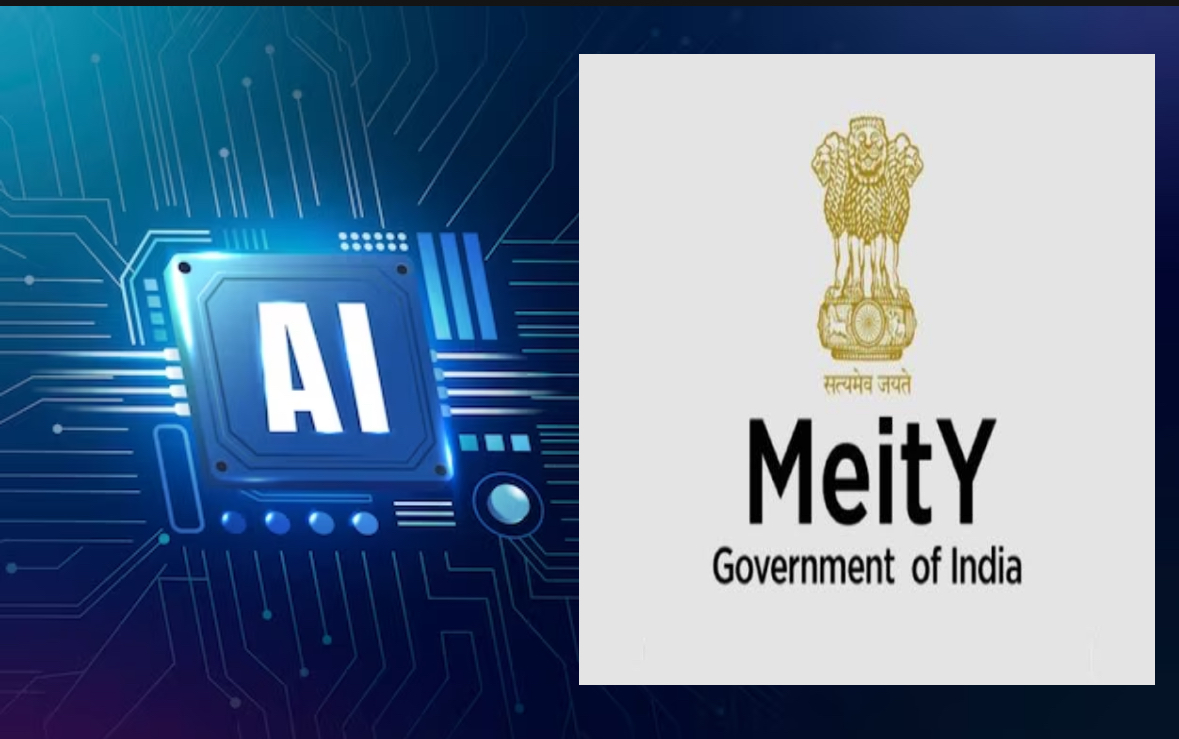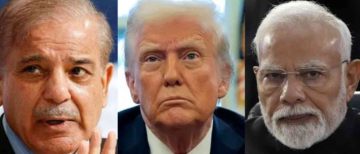The world is about to get both better and worse because of AI. India's expanding high-tech workforce and significant foreign investment will make it a major player in the AI supply chain. Regulations are essential for the ethical development and application of AI in vital fields, including healthcare, education, and the workplace.

Global Landscape of AI Regulation
The United States and Europe have the best rules for AI. The EU authorised AI in December 2023. Rules were made for three levels of risk: high, medium, and low. These levels de These levels delineate the potential applications of AI. The US doesn't have any general government laws, so it depends on a lot of different agency-specific rules and laws.

Singapore and Canada are two examples of countries that have put out ethical guidelines for AI research. These guidelines stress fairness, accountability, and openness. National security and social issues come first in China's rules for AI development.
India's approach to regulating AI
India's approach to regulating AI is evolving. Key initiatives include:

- National AI Strategy: This plan lays out how AI technologies will be developed and used. It covers infrastructure, research and development, and ethical issues.
- NITI Aayog Guidelines: A government think tank put out written rules on how to use AI in an ethical way in 2020. The rules were mostly about making AI systems fair, accountable, and clear.
- Digital Personal Data Protection Act (2023): This Act controls how personal data is handled and has an effect on AI apps by dealing with user permission, data localization, and the rights of individuals over their own data.

Challenges and Considerations
-
Balancing Global Standards and Domestic Needs: India must reconcile global standards (data protection, ethics) with its unique socio-economic context.
-
Stakeholder Involvement: Regulatory efforts should involve a variety of stakeholders (government, industry, academia, and civil society) in order to produce comprehensive and balanced regulations.
-
Adaptability: Regulatory frameworks need to be dynamic and adaptable to keep pace with technological advancements and emerging ethical considerations.
MeitY's Advisory on AI

The Ministry of Electronics and Information Technology (MeitY) put out an "advisory" for platforms and middle-tech companies working with AI technologies on March 1, 2024. Despite being partly taken back, this advisory talked about:
-
Content Moderation: Intermediaries should ensure their AI models don't permit users to share unlawful content.
-
Electoral Process: AI models should be used by platforms to prevent bias, discrimination, or threats to the electoral process.
-
Testing and Deployment: Initially, under-testing or unreliable AI models required government permission and user labeling. This requirement was later withdrawn.
-
User Awareness: Through service agreements, intermediaries must inform users of the risks of dealing with unlawful information.
-
Deepfake Labeling: Intermediaries facilitating deepfake creation should label such information with metadata or a unique identifier for traceability.
Problems with the Advisory
The industry has criticised the MeitY advisory for several reasons:
-
Legal Basis: The advisory's legal basis is unclear, and its enforceability is questionable.
-
Lack of Clarity: The initial permission requirement for under-testing models and its subsequent withdrawal created confusion.
-
Limited Scope: The advisory applies only to intermediaries and platforms, not considering AI developers or startups.
-
Deepfake Treatment: The advisory lacks a clear definition of deepfakes and adopts a broad approach that may hinder creative uses of AI.

Additional Considerations
-
India needs a well-defined and comprehensive regulatory framework for AI.
-
Establishing objective criteria for assessing AI models and associated risks is crucial.
-
The potential benefits of a collaborative approach involving diverse stakeholders in AI regulation development
-
Regular reviews and updates to regulatory frameworks are necessary to keep pace with technological advancements.
Overall,As the current leader of the Global Partnership on Artificial Intelligence (GPAI), India is actively influencing global AI policy. India can design a regulatory framework that promotes innovation while simultaneously respecting morality and individual accountability by taking lessons from the mistakes made by other nations and addressing its own issues.
Image Source: Multiple Agencies
(Inputs from agencies)
© Copyright 2024. All Rights Reserved Powered by Vygr Media.





















